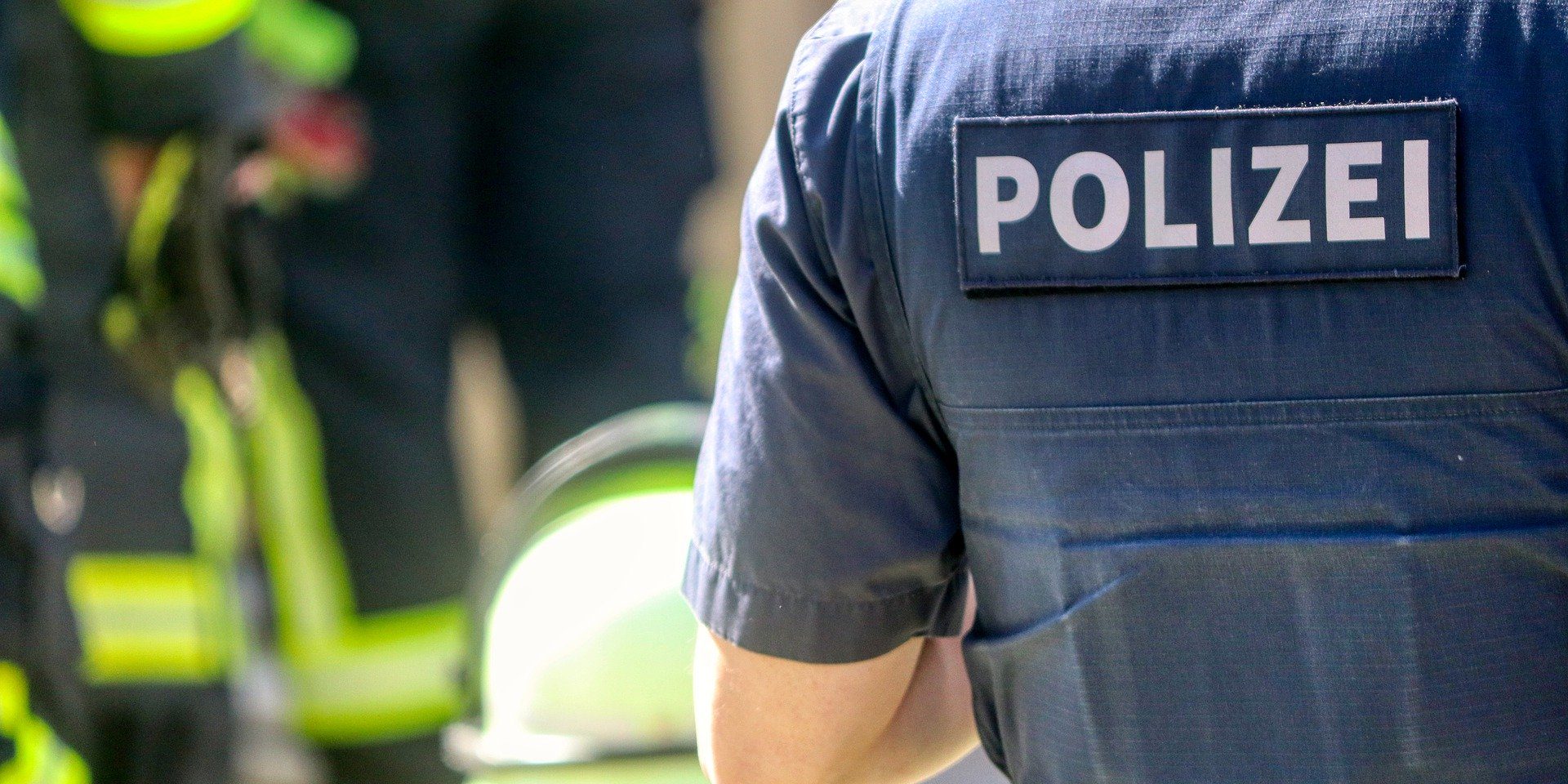Can you film police officers doing official acts?
– Yes, you can and should.
Sooner or later everyone comes into contact with the police. For most of us, this happens during a traffic control or when interviewed as a witness. In some cases, however, misunderstandings or even false accusations can arise. According to Statistics Austria, of 247,044 proceedings in 2018, a total of 164,117 were either terminated or acquittals were made. More than 66% (!) Of the accused or accused were thus proven to be innocent.
Whether through or through no fault of your own, if you come into contact with the police, it is advisable to stay calm and be polite. After all, the police officers only do their job and you don’t have to make it unnecessarily difficult for them. But since police officers are only human, situations can become heated, in which it is advisable to document the official act. This is not least because the police often have to decide and act very quickly, which can lead to inappropriate decisions. In many cases clients report that after such inappropriate decisions the police have completely different accounts of what exactly happened.
Extreme examples from practice:
- An (unlawful) arrest by the police turned into a ” voluntary coming to the police station.”
- A spontaneous house search without a judge’s order turned into ” voluntarily let the police into the house”.
- In a procedure before the Vienna Administrative Court, the illegality of an arrest could be proven on the basis of a video. The police officer on duty had given a different reason for arrest when he was arrested than was given later in the memo. The reason was probably that he only realized after the arrest that the first assumed reason for arrest did not apply. Without the video being available, the litigation would probably have had no chance.
In many cases, the existence of a film documentation is the basic requirement in order to be able to prove one’s innocence.
Practice has shown that when in doubt, many judges are more likely to believe the police than ordinary citizens . Often this is justified with standing sentences, such as that no reason would exist
“To distrust the statements of the experienced police officers, which were conclusive, credible and understandable in their synopsis, since they would have to reckon with considerable disciplinary and criminal consequences in the event of a deliberately false report or an incorrect testimony.”
Taking up an official act is therefore generally more than sensible in many situations. The question now is whether and to what extent this is also allowed.
The Supreme Court (6 Ob 6 / 19d) answered the question as follows:
- The police must accept that they will be filmed in an act of coercion . The Supreme Court expressly justified this, among other things, with the fact that this also has the purpose of achieving “ a certain preventive effect against any unlawful attacks ”. In other words: Filming the official act can be useful for the simple reason that it can have a de-escalating effect and everyone involved behaves in a more civilized manner.
- Attention : The legal situation may be different in the case of undercover investigations.
Question: Is it allowed to film from the beginning or does a police officer have to do something “borderline” beforehand to justify the filming?
- It is not necessary for a police officer to “have assaulted or damaged things” (OGH in 6 Ob 6 / 19d). The reason for this is that a recording that only begins after an attack or damage has occurred cannot fulfill the purpose of the documentation.
Question: Is everyone allowed to film or only those who are “acted as officials” by the police?
- Uninvolved third parties are not allowed to make film recordings as “gawkers” out of curiosity or to satisfy the thirst for sensation. However, if someone films the official act on his behalf with his knowledge and will, this should be allowed in our opinion.
Question: Is it allowed to film the police officers directly or do you have to film in such a way that you cannot recognize faces?
- In the opinion of the Supreme Court (see 6 Ob 6 / 19d), filming the intervening police officers for the purpose of documenting the official act is inevitable and permitted. So you don’t have to film the floor so that you can’t see the police officers on the video.
Question: Isn’t it better to take a picture in secret?
- For various legal reasons, we would advise against making clandestine recordings, not least because the preventive / de-escalative effect is lost. If this leads to displeasure among the police, it is advisable to say, for example, the following: “It is legally permitted to film official acts. This is for my and your protection.” If in doubt, call the lawyer of your choice stored in your mobile phone on 01/42 000 40, who will be happy to clarify the situation for you.
Question: Can I publish the recording on social media, YouTube, etc.?
- The publication of images and videos is generally a delicate matter, as there is a risk that, in the opinion of the Supreme Court, the people filmed will be “brought before” or “pilloried”. According to § 78 UrhG, everyone should be protected against misuse of their image in public, in particular against being exposed by disseminating their image, revealing their private life to the public or using their image in a way that leads to misinterpretation Can give cause or has a degrading or degrading effect (RS0078161).
- There may be a legitimate interest in publishing such recordings, but we would advise against doing this without prior, dedicated legal clarification of the respective individual case and are happy to answer any questions.
Question: What if someone else publishes the video without my knowledge?
- The person who made the video must ensure that the recording is not published by others. The background is the so-called ” Ingerenzprinzip “, according to which the person who created a source of danger (in this case the danger of publication) must ensure that it is not published.
For example, you have to keep the mobile phone with which the recordings were made safe and inaccessible (locked) to others or only give it to people who you can be sure that it will not be published.
All information on this website is for initial information only and cannot be used as a substitute for legal or other advice. We therefore assume no liability for any compensation.



